The ongoing debate surrounding pit bulls is a contentious one, with strong opinions on both sides. Some people view them as inherently dangerous and unpredictable, while others see them as gentle, nurturing companions who can form deep, protective bonds with children. Are pit bulls aggressive by nature, or are they misunderstood and unfairly judged due to their powerful appearance and history? This polarizing issue is reignited with a viral video featuring a one-year-old baby peacefully napping next to a massive pit bull, sparking both concern and admiration among viewers.
 Image Credit: YouTube
Image Credit: YouTubeIn this viral clip, a one-year-old baby is seen peacefully napping alongside a large pit bull, showcasing a bond that many would find unusual or risky. The baby, named Jax, is the son of Jarad Derochey, a professional pit bull breeder who runs MVP Kennels. Jarad frequently shares pictures and videos of his family with their pit bulls on his popular Instagram account, @mvp_bullies, where the bond between the massive dogs and his children is on full display.
Many of these posts feature Jarad’s kids cuddled up against the enormous dogs, capturing moments of affection and comfort that are not often associated with a breed notorious for its strength and, unfortunately, its stigmatized reputation.
Pit bulls often find themselves at the center of controversy. The term “pit bull” actually refers to several breeds, including the American Pit Bull Terrier, American Staffordshire Terrier, American Bully, and Staffordshire Bull Terrier. These breeds share a powerful build, strong jaws, and a muscular physique, traits that contribute to the public’s perception of them as potentially dangerous. However, many owners and breed enthusiasts argue that pit bulls are some of the most loyal, loving, and protective dogs when raised in a responsible environment.
The American Kennel Club (AKC), which recognizes breeds like the American Staffordshire Terrier, describes these dogs as:
“Smart, confident, good-natured companions. Their courage is proverbial. A responsibly bred, well-socialized AmStaff is a loyal, trustworthy friend to the end.”
This perspective aligns with Jarad Derochey’s experience raising pit bulls. In his household, pit bulls aren’t just pets—they’re family members. The video of his son peacefully sleeping next to their giant pit bull is just one example of the trust and bond that exists between his children and the dogs.
But despite these heartwarming images, the conversation around pit bulls remains fraught with tension. For some, the sight of a baby snuggled up against a dog with such a controversial reputation is alarming. For others, it showcases the reality that pit bulls, like any dog breed, can be gentle and protective when properly raised and trained.
The mythology surrounding pit bulls is thick and complicated. Misinformation spreads on both sides of the argument, leaving the general public unsure of what to believe. One persistent myth is that pit bulls have a “locking jaw,” a mechanism that supposedly allows them to clamp down with greater force than other breeds. In reality, there is no anatomical evidence to support this claim. Pit bulls do not have any special feature in their jaws that gives them this supposed ability.
Another common misconception is that pit bulls were once used as “nanny dogs,” trusted to watch over children. While there are historical anecdotes of pit bulls being protective of their human families, no verifiable evidence exists to back up the idea that they were widely used in this capacity.
In the eyes of critics, pit bulls’ size, strength, and fighting history make them too unpredictable to be trusted, especially around children. However, pit bull advocates argue that aggression is more about the way a dog is raised and treated than about its breed. Pit bulls that are loved, well-socialized, and trained are often just as affectionate and reliable as any other dog breed.
Bronwen Dickey, author of “Pit Bull: The Battle Over an American Icon,” spent seven years researching the breed, interviewing experts, and compiling historical data. Her book delves deep into the cultural and societal perceptions surrounding pit bulls, painting a broader picture of how these dogs have been unfairly labeled over time.
 Image Credit: YouTube
Image Credit: YouTube“You say the words ‘pit bull,’ and people lose their minds scrambling to one side or the other,” Bronwen explains. The heated debate around these dogs is driven by a combination of media sensationalism, fear, and misunderstanding.
According to Bronwen, pit bulls have too often become a symbol of human prejudice. In her research, she found that the way people view pit bulls often mirrors broader societal biases. “Pit bulls are just dogs,” she concludes. “All too often, they serve as a proxy for our own prejudices.” In her book, Bronwen argues that much of the fear surrounding the breed is based on misconceptions, and that these dogs are far more complex than their reputation suggests.
For instance, when pit bulls show up in shelters with injuries or scars, it’s common to assume that they’ve been used for fighting or have been victims of abuse. However, many of these dogs may simply have been involved in accidents or sustained injuries in everyday circumstances.
Breed-specific legislation (BSL), which targets specific dog breeds like pit bulls, has been a popular solution for communities looking to reduce dog attacks. But Bronwen and many other experts argue that BSL does little to address the root cause of aggressive behavior in dogs.
“Banning a breed does nothing to reduce dog bites,” Bronwen says. Instead, she advocates for measures that focus on responsible ownership, proper training, and education.
One successful example of this approach can be found in Multnomah County, Oregon. The county has implemented a Potentially Dangerous Dog program that has dramatically reduced dog bites without banning any specific breed.
“If a dog becomes a nuisance or menaces people, Animal Control intervenes, checks in with the owner, and recommends training,” Bronwen explains. The county’s strategy involves regular follow-ups with the dog’s owner to ensure that the issue doesn’t escalate, thus addressing the problem before it leads to a serious incident.
This proactive approach shows that communities can effectively reduce dog bites without resorting to breed-specific bans. By focusing on responsible pet ownership and intervention when necessary, Multnomah County has been able to create a safer environment for both dogs and people.
For Jarad Derochey and his family, their pit bulls are more than just pets—they are trusted companions who share in the joys of family life. The video of his son Jax sleeping peacefully alongside one of their massive pit bulls is a testament to the bond between dogs and humans when raised in a caring and responsible environment.
While not everyone may agree with the decision to let a one-year-old nap with such a powerful dog, Jarad’s experience showcases one of the many sides to the pit bull debate. To some, pit bulls may always carry a stigma, but for Jarad and many other owners, these dogs represent loyalty, love, and trust.
 Image Credit: YouTube
Image Credit: YouTubeMan Let His Seven Dogs Slowly Deteriorate in His House of Horrors
The ongoing conversation around pit bulls will likely continue for years to come, with opinions remaining divided. But one thing is certain: for those who choose to bring pit bulls into their homes and raise them with care, these dogs are capable of being just as gentle and loving as any other breed.
At the end of the day, it’s not the breed that determines a dog’s behavior—it’s the environment, upbringing, and the bond they share with their owners.

 1 month ago
15
1 month ago
15
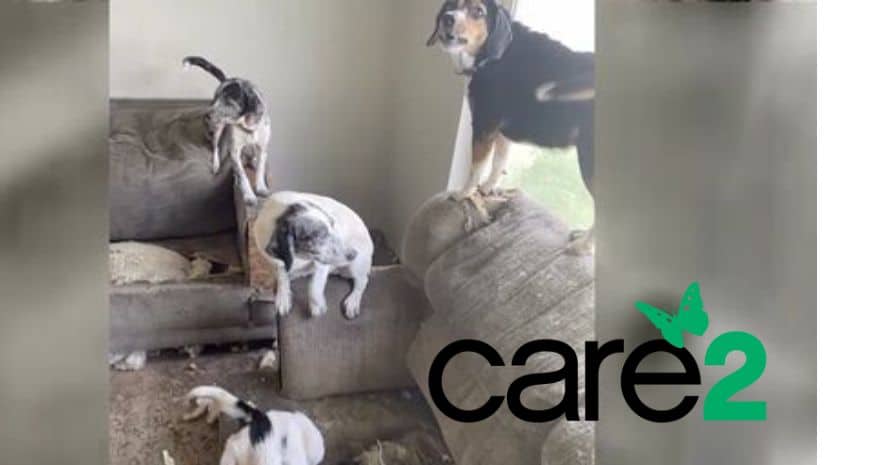
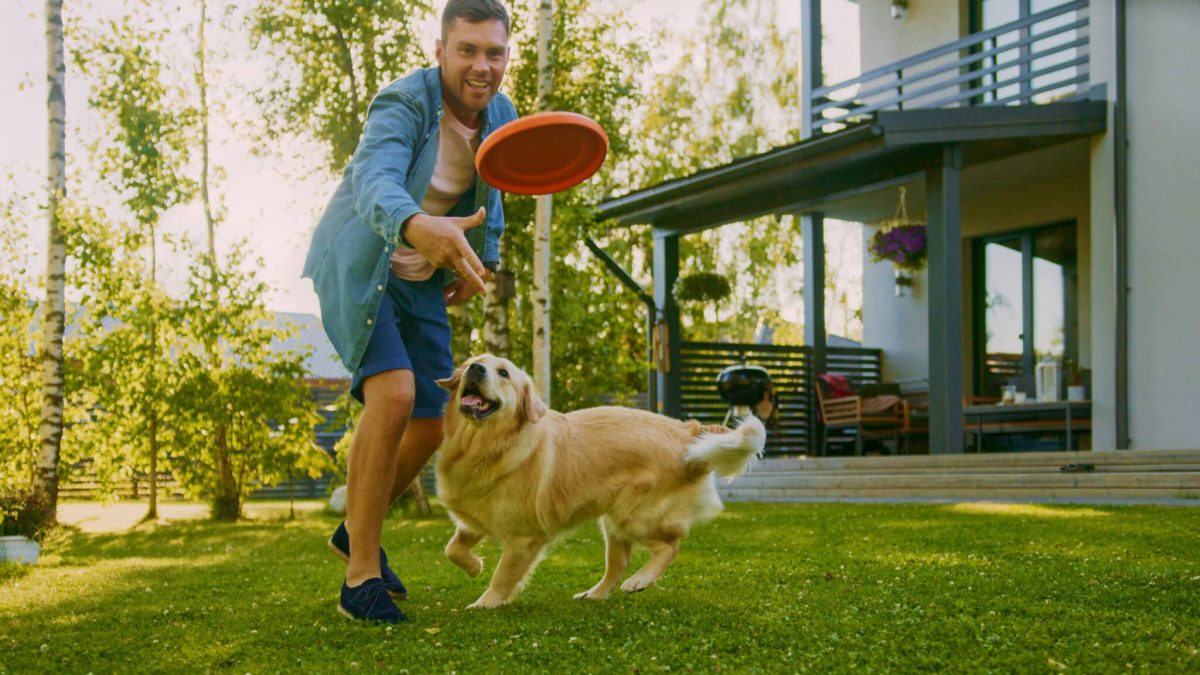

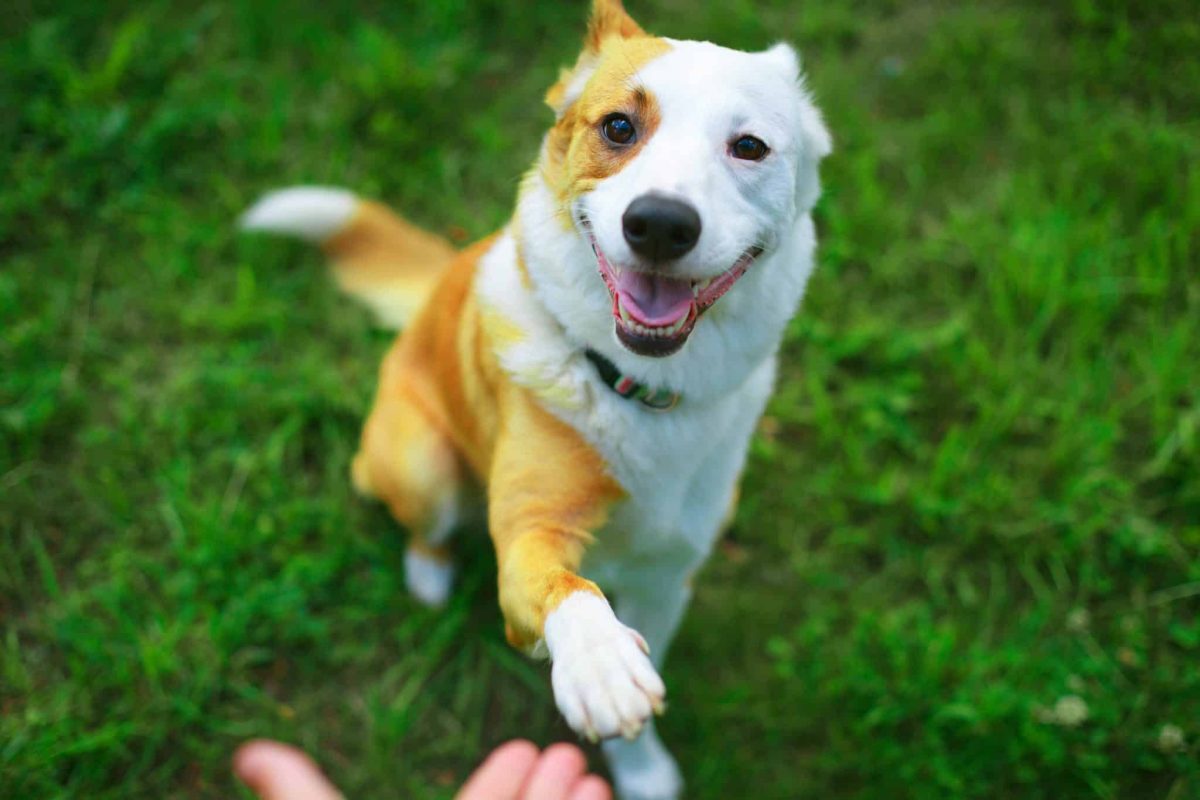








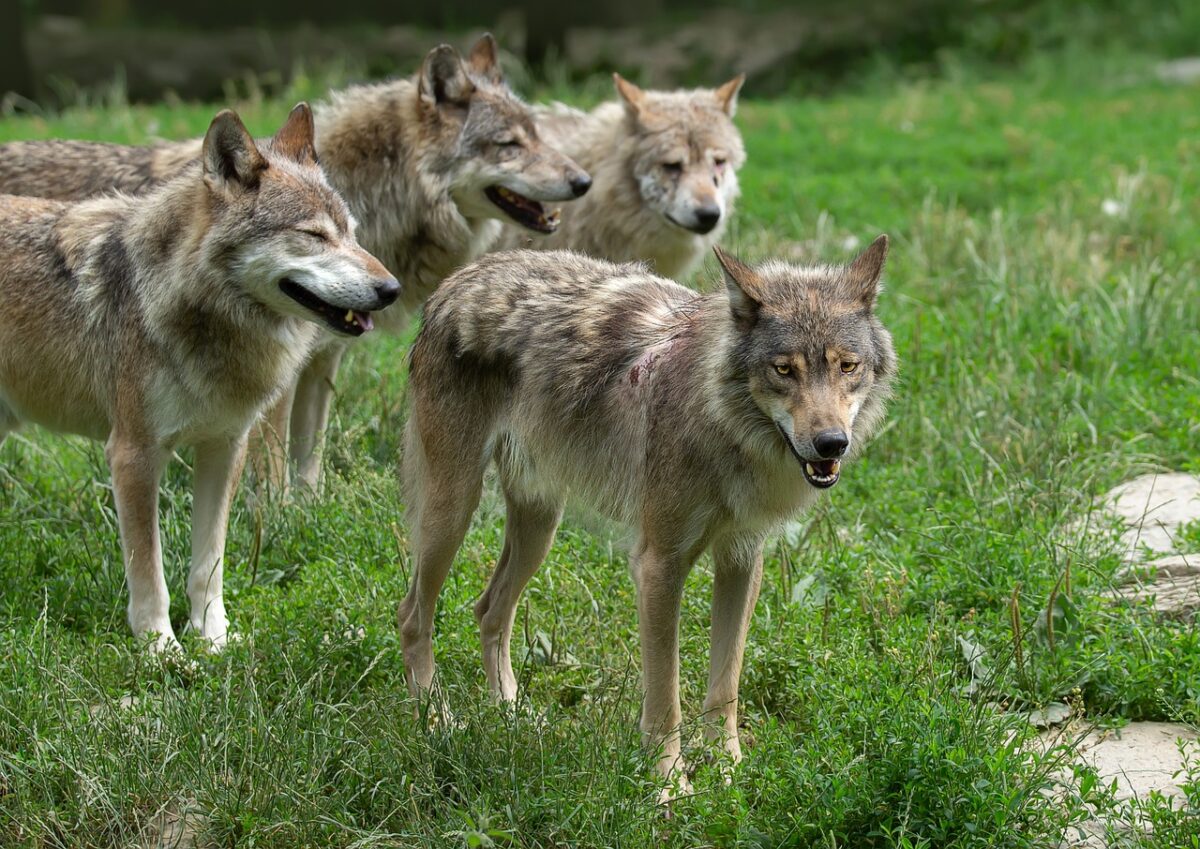
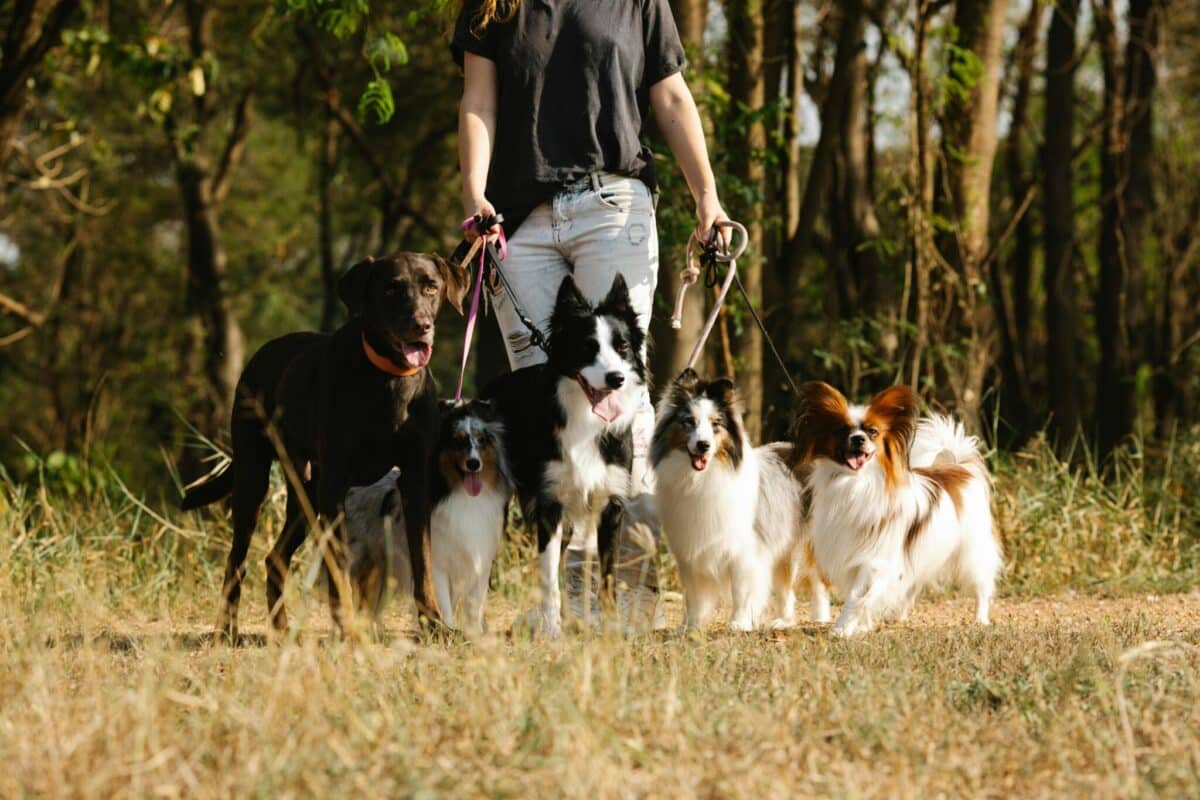





 English (US) ·
English (US) ·